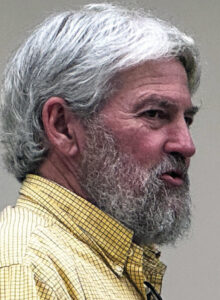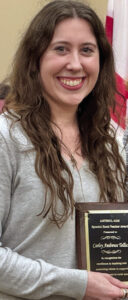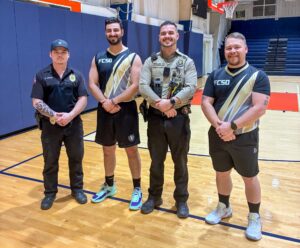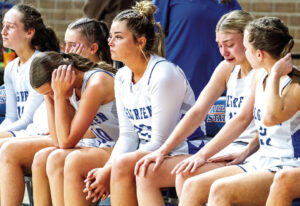Money Matters: Money Habits You Wish You Had Known Sooner
FRANKLIN LIVING— I think everyone who is old enough to make their own money can attest to a lot of different money habits we wish we had known sooner in life.
The first one I can think of is buying a car while still in college. That was crazy! My parents had generously gifted me their old car, which was paid for, and when I look back now on that new car purchase senior year in college, I could shake that kid. By the way, the family car was a Jeep named Josephine, and to this day she’s still my favorite car. But at the ripe old age of 23, I wanted nothing more than that new, red car.
So, in the hopes of saving someone else buyer’s remorse, here’s a few money truths we can all live by.
- Saving will always be the most important and the hardest lesson we learn. The sooner you start, the better off you’ll be.
- Having money in your account does not necessarily mean you have money to spend. As a kid, I can remember asking mom to “just write a check.” For today’s kids, it’s “just use your debit card.” But just because there’s money there doesn’t mean it’s available. As a banker, I can tell you; we live in a society that does not keep up with their check registers. That is a life lesson we should all be adhering to: keeping up with how much money we actually have!
- Comparison is a thief of joy. Buying something just because you want to be like someone else will never leave you truly happy. If you find yourself buying just for the sake of keeping up appearances – don’t. Wait two weeks, wait 30 days, then see if you still want it.
- When it rains, it usually pours. So, plan accordingly. Just about the time you need new tires, the washing machine is going to go out, or there will be a leak in the roof, or a kid will need braces. An emergency fund can make a lot of difference in these situations.
- Learn to live on less than you earn. This might mean getting budget-focused, which I know sounds horrible – but it isn’t that bad if you think of it as more of a challenge than a punishment. The budget helps you figure out how much you have to spend, save and splurge. Once you identify these numbers based on your income, all the other financial goals can fall into place.
- Diligence pays off. Everything mentioned above is fleeting if it’s just temporary. The best money habit we can learn is to stay diligent! Mistakes will happen, and just like a GPS, we must recalculate and get back on the right path.
Emily Mays is vice president/senior marketing director at Community Spirit Bank in Red Bay, working in finance for 14 years. She is an enthusiastic social media marketer, financial literacy advocate and go local supporter. She lives in East Franklin and has one daughter, Lola.







